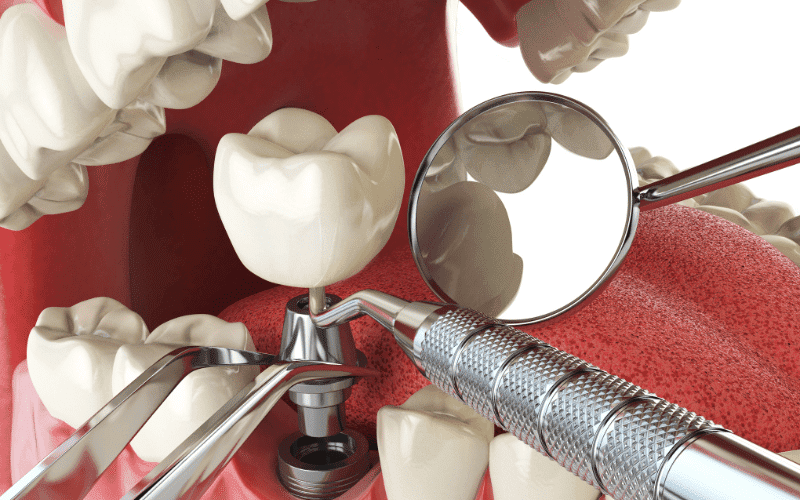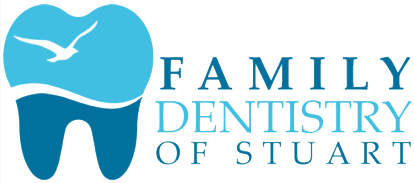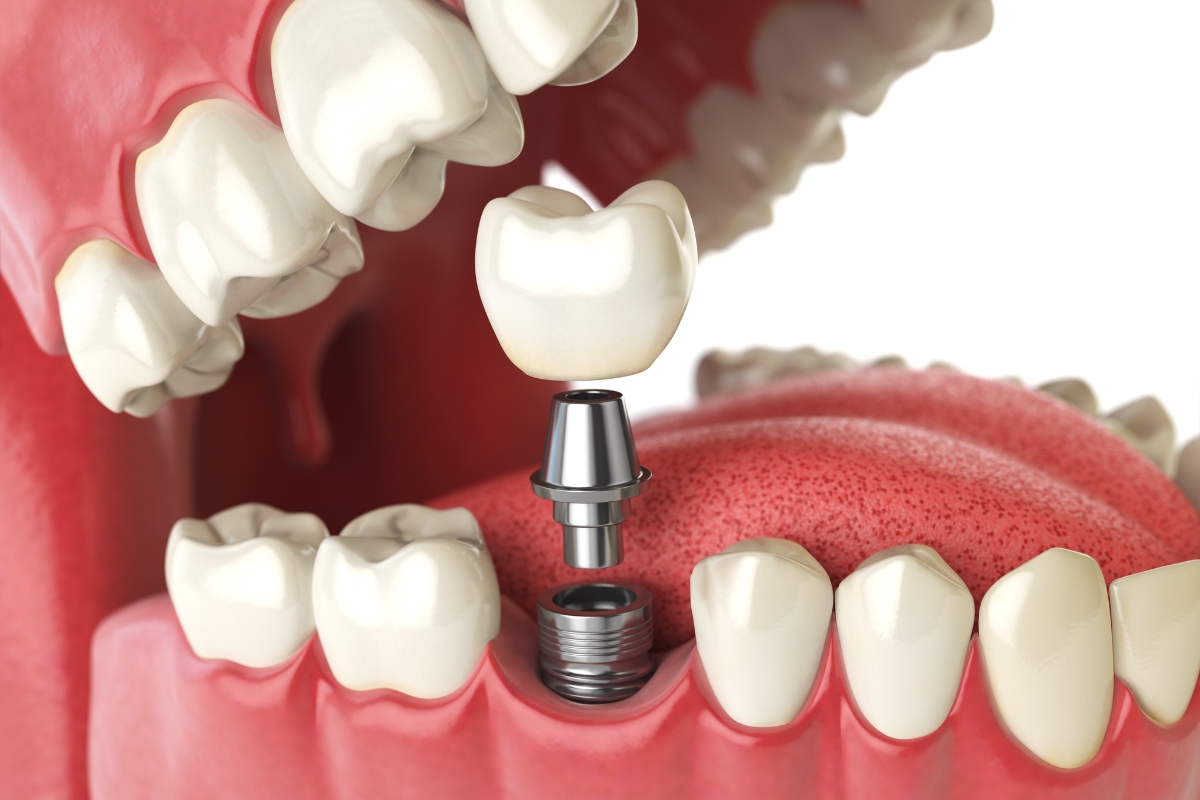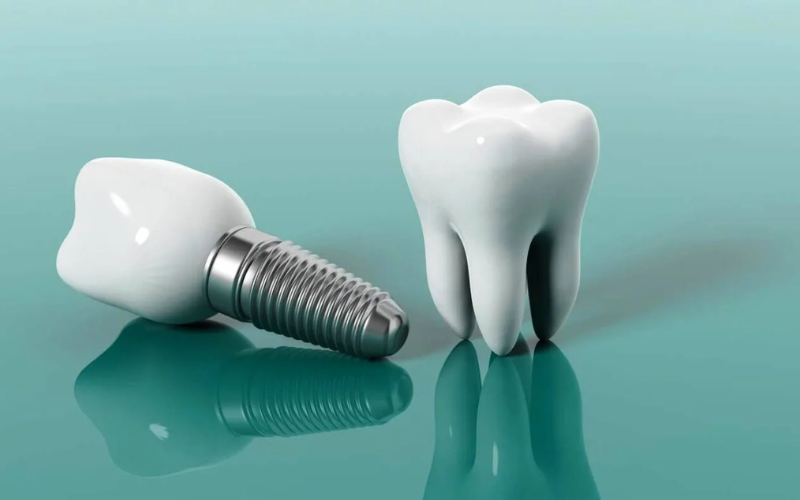5761 SE Federal Hwy, Stuart, FL 34997
How to Maintain Optimal Oral Hygiene with Dental Implants?

Dental implants are a popular solution for replacing missing teeth, offering benefits such as improved function and natural appearance. Maintaining optimal oral hygiene is crucial to ensure the longevity of your dental implants. Proper care helps prevent complications like infections or implant failure.
This blog explores how to maintain excellent oral hygiene with dental implants. It will cover the nature of dental implants, daily oral care routines, the importance of professional dental care, managing potential issues, lifestyle and dietary considerations, and special situations that may affect your implant care.
Understanding Dental Implants
Dental implants in Stuart consist of three main components: the titanium post, the abutment, and the crown. The titanium post is embedded into the jawbone, acting as a replacement root. The abutment connects the post to the crown, which serves as the visible tooth.
Because peri-implantitis, a disorder that affects the tissue around implants and is comparable to gum disease, can result from poor oral hygiene, it is imperative to practice good hygiene. This can cause inflammation, bone loss, and, ultimately, implant failure. Maintaining good oral hygiene helps ensure that the surrounding gum tissue stays healthy, reducing the risk of complications.
Daily Oral Care Routine
Brushing:
Twice a day, give your dental implants a brushing. Use a toothbrush with soft bristles to prevent gum tissue damage. While manual and electric toothbrushes work well together, electronic toothbrushes can provide a deeper clean. Choose a toothpaste that is non-abrasive and free from harsh chemicals.
Flossing:
Floss daily to remove plaque between the implants and natural teeth. Use floss threaders or interdental brushes if traditional floss is challenging. These tools help clean the implant and prevent plaque buildup.
Antimicrobial Rinses:
Use antimicrobial mouthwashes to reduce bacteria and plaque. Look for alcohol-free rinses to avoid irritation. Rinsing daily can complement your brushing and flossing routine.
Daily Oral Care Routine
For your dental implants to last a long time, you must follow a strict daily oral hygiene regimen. Here is a comprehensive guide to brushing, flossing, and using antimicrobial rinses to keep your implants and surrounding tissues in top condition.
Brushing:
Brush your implants at least twice a day, ideally in the morning and before bed. Gently clean the area surrounding the implants using a toothbrush with soft bristles to prevent harming the gum tissue. Because the revolving bristles of electric toothbrushes may reach places that manual brushes might miss, they are especially effective.
However, a manual brush is also sufficient if used properly. Opt for a non-abrasive toothpaste to prevent scratching the surface of the implants. Toothpaste with fluoride can help protect both natural teeth and the areas around your implants.
Flossing:
Flossing is crucial to remove food particles and plaque that brushing alone may miss. Use waxed dental floss or a floss threader to gently clean the area surrounding your implants. If traditional floss is challenging, consider interdental brushes, which are designed to fit between teeth and implants, effectively removing plaque and debris.
These brushes are available in various sizes to accommodate different gaps. Interdental brushes are often easier to maneuver around implants than floss, making them a practical alternative.
Antimicrobial Rinses:
Incorporate an antimicrobial mouthwash into your routine to help control bacteria and reduce plaque buildup around your implants. Choose alcohol-free mouthwashes to avoid irritation of the sensitive gum tissues around implants.
Products containing chlorhexidine or essential oils can be particularly effective in managing bacterial growth. Rinsing with an antimicrobial mouthwash once or twice daily can complement your brushing and flossing efforts, contributing to better overall oral health.
Professional Dental Care
There is more to keeping your dental implants healthy than merely doing daily at-home maintenance. Regular professional dental care is crucial for ensuring the longevity and functionality of your implants. Here is why routine check-ups and professional cleanings are essential:
Regular Check-ups:
Plan regular dental checkups every six months, or as your dentist may advise. These examinations are critical for monitoring the health of the tissues surrounding your dental implants.
Your dentist will perform a comprehensive examination at a check-up to determine the state of your implants, look for any indications of infection or other issues, and examine the condition of your gums and jawbone. X-rays may be taken to ensure that the implants are securely integrated with the bone.
Frequent checkups aid in the early detection of possible abnormalities, enabling prompt management and averting more serious concerns.
Professional Cleanings:
Professional cleanings differ significantly from at-home care. A dental hygienist utilizes specialized instruments to remove plaque and tartar accumulation that cannot be handled by ordinary home care, even if daily brushing and flossing are still crucial. Deep cleaning like this helps avoid implant problems and gum disease.
These cleanings also include polishing the surface of the implants to reduce plaque accumulation. For most individuals, professional cleanings are recommended every six months. Your dentist might advise more frequent visits if you have particular problems or a history of gum disease to maintain the best possible implant health.
Managing Potential Issues
Signs of Infection or Complications:
Watch for signs like swelling, discomfort, or unusual bleeding around your implant. These could indicate an infection or other complications. Prompt attention to these symptoms is crucial.
Steps to Take If Issues Arise:
If you notice any issues with your implants, contact your dentist immediately. Prompt action can shield your implants from more severe issues and guarantee their continued health.
Lifestyle and Dietary Considerations
Diet Tips:
Maintain dental health by eating a diet rich in vitamins and minerals that is well-balanced. Steer clear of foods that are firm or sticky since they may hurt or damage your implants.
Habits to Avoid:
Oral health and implant success might be adversely affected by smoking and binge drinking. Avoid these habits to maintain the health of your implants and surrounding tissue.
Special Considerations
If you have additional oral health concerns, such as gum disease or bone loss, your implant care routine may need adjustments. Work with your dentist to address these issues and adapt your oral hygiene practices accordingly. Regular monitoring and tailored care can help manage any complications and support the longevity of your implants.
The lifetime and functionality of dental implants depend on maintaining the best possible oral hygiene. You may guarantee the success of your dental implants by maintaining a regular daily schedule, going to expert examinations on time, and leading an eco-aware lifestyle.




